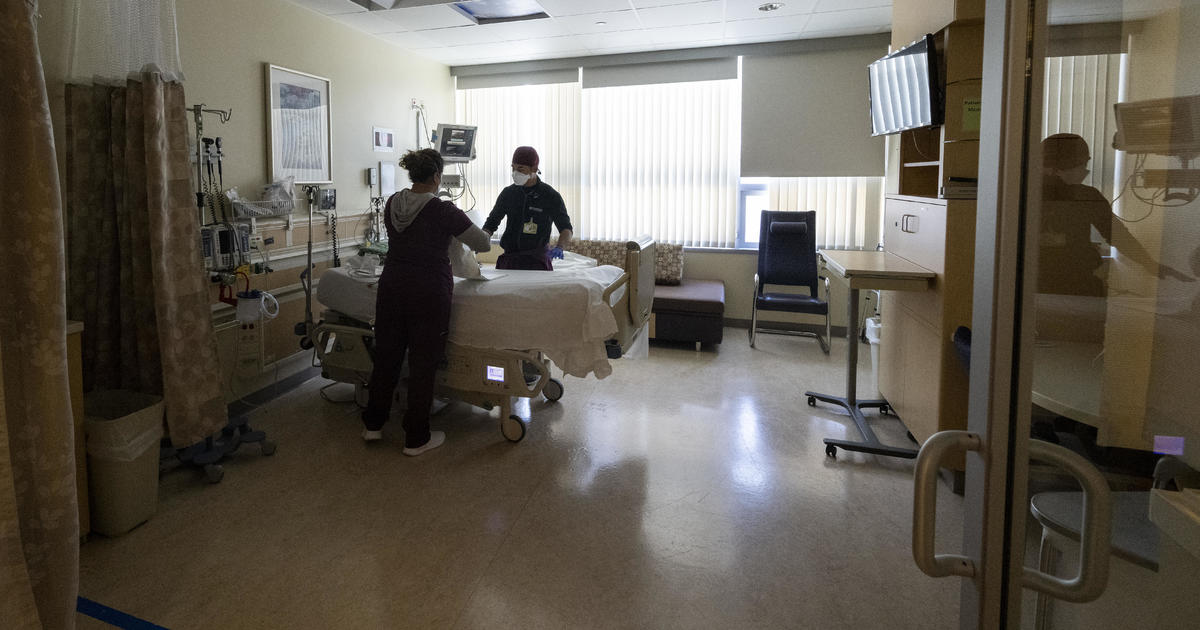
California set to become first state to provide free health care to all low-income immigrants
CBSN
California will become the first state to guarantee free health care for all low-income immigrants living in the country illegally, a move that will provide coverage for an additional 764,000 people at an eventual cost of about $2.7 billion a year.
It's part of a $307.9 billion operating budget that Gov. Gavin Newsom was expected to sign Thursday. It pledges to make low-income adults eligible for the state's Medicaid program by 2024, regardless of their immigration status. It's a long-sought victory for health care and immigration activists, who have been asking for the change for more than a decade.
Nationwide, federal and state governments join together to give free health care to low-income adults and children through Medicaid. But the federal government won't pay for people who are living in the country illegally. Some states, including California, have used their own tax dollars to cover a portion of health care expenses for some low-income immigrants.
